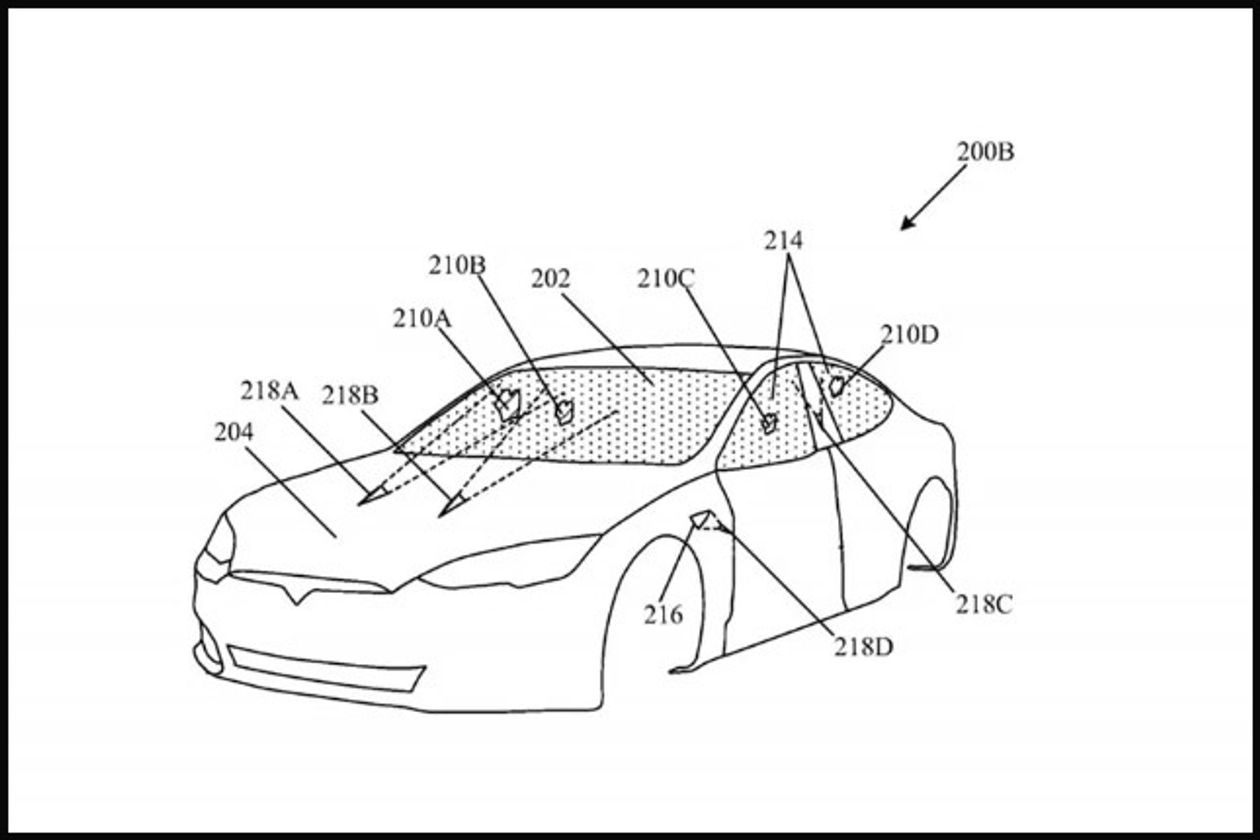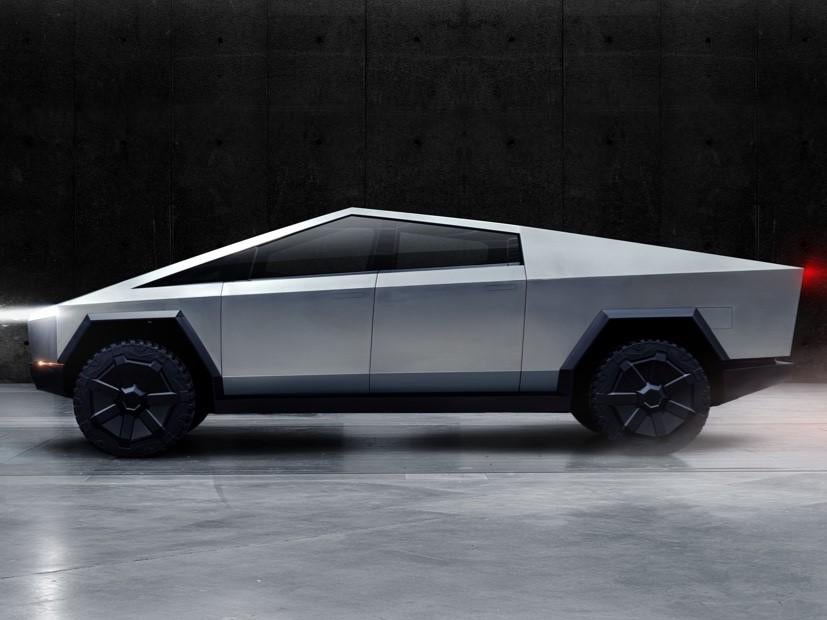Tesla wants to replace windscreen wipers with lasers
‘Pulsed laser cleaning system’ could soon find its way into one of Elon Musk’s new cars
Your support helps us to tell the story
From reproductive rights to climate change to Big Tech, The Independent is on the ground when the story is developing. Whether it's investigating the financials of Elon Musk's pro-Trump PAC or producing our latest documentary, 'The A Word', which shines a light on the American women fighting for reproductive rights, we know how important it is to parse out the facts from the messaging.
At such a critical moment in US history, we need reporters on the ground. Your donation allows us to keep sending journalists to speak to both sides of the story.
The Independent is trusted by Americans across the entire political spectrum. And unlike many other quality news outlets, we choose not to lock Americans out of our reporting and analysis with paywalls. We believe quality journalism should be available to everyone, paid for by those who can afford it.
Your support makes all the difference.Tesla has filed a patent for high-tech windscreen wipers that clean a car’s windshield by burning off dirt and debris using laser beams.
The electric car maker also hopes to use the cleaning technique on solar panels and roof tiles built by its SolarCity subsidiary.
The patent, recently filed with the United States Patent and Trademark Office, notes the inefficiency of traditional windscreen wipers, which are typically unable to reach every part of a windscreen.
It also claims that the process of removing dirt with water and soap results in “unproductive time” spent while waiting for the glass to dry.
The “pulsed laser cleaning” system would be setup in such a way that it does not damage the eyes of the vehicle’s occupants, or other components that might be damaged by a high-intensity beam of light, the patent states.
The patent goes on to explain how any glass surface on a car could be cleaned using the lasers, including the cameras and sensors used for autonomous driving.
“The cleaning apparatus may be installed as a modular device in a vehicle and may be installed as a modular device in a vehicle and may provide a contactless means to clean different glass articles, for example windshields, in-vehicle camera lenses, side windows, rear-view mirrors, and the like,” the patent states.

Tesla has a history of pioneering new vehicle technologies, most notably through its development of all-electric cars and the deployment of advanced self-driving capabilities.
The company is also known for making all of its patents open source, meaning the laser windscreen cleaners could conceivably find their way onto the mass market through another manufacturer.
CEO Elon Musk consistently states that one of his primary motivations with Tesla is to bring sustainable, fossil fuel-free vehicles into the mainstream in an effort to combat climate change.

To help achieve this, Mr Musk released all of Tesla’s patents in 2014 so that anybody good use the firm’s technology “in good faith” – similar to the way Volvo release the patent to the three-point seatbelt in 1959 in order to improve passenger safety for everyone.
“Too often these days [patents] serve merely to stifle progress, entrench the positions of giant corporations and enrich those in the legal profession, rather than the actual inventors,” Mr Musk said in a blog post at the time.
“Tesla was created to accelerate the advent of sustainable transport. If we clear a path to the creation of compelling electric vehicles, but then lay intellectual property landmines behind us to inhibit others, we are acting in a manner contrary to that goal.”

Join our commenting forum
Join thought-provoking conversations, follow other Independent readers and see their replies
Comments